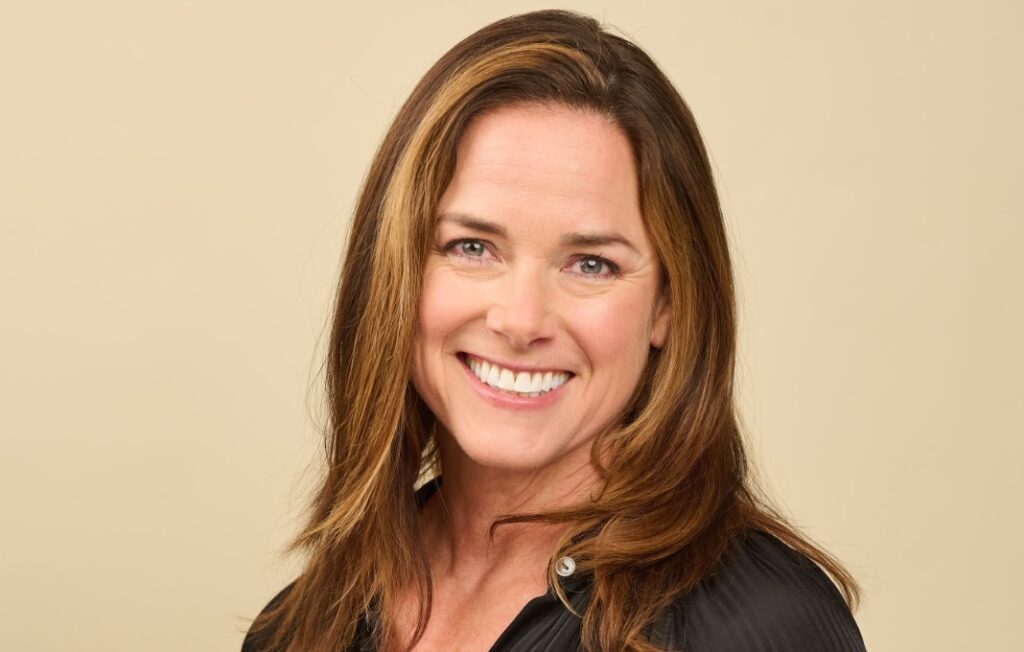There are plenty of reasons for CHROs to be exhausted these days, acknowledges Dana Cavalea. The former performance coach for the New York Yankees notes, “We’ve all been through a lot the last few years,” from Covid-19 to the Great Resignation to the tight labor market.
But speaking to HR leaders at a recent StrategicCHRO360 online workshop, Coach Dana, as he likes to be called, argues that too many are falling into “what we call in sports a defensive posture. And when you fall on your heels in a defensive posture, you’re vulnerable.”
Instead, says Cavalea, it’s time to “regroup. We all want to go back to the way things used to be. But who’s to say the way things used to be were actually the best way?”
Cavalea has some experience with motivating employees to perform at their highest levels. He spent the bulk of his career helping Yankees players hone their physical and mental skills, and was the performance coach that helped lead them to a World Series championship in 2009. Today, Coach Dana is applying the same strategies and techniques he uses in professional sports to companies looking to achieve better performance, greater productivity and clear alignment on mission. Habits of a Champion Team, his new book on the subject, was just released.
Cavalea joined StrategicCHRO360 last week for a wide-ranging discussion on how to build teams in a hybrid workforce. Among his top points:
Encourage, motivate—and set expectations. Finding ways to inspire and excite your people about what they can do is critical today, says Cavalea. It can come down to something as simple—and complex—as a single conversation expertly held at just the right moment to “change the energy in the room.” Cavalea gave the example of a meeting called by Yankees general manager Brian Cashman in Atlanta minutes before the team played the Atlanta Braves after a series of losses.
“All he said was this: ‘You all are much more talented than this. I have greater expectations for you than this. We as an organization have greater expectations for you than this. Now go out and play tonight.’ It was that simple. He wasn’t demeaning and he wasn’t aggressive. But he set an expectation. And after that we won, and just kept winning and winning and winning and we ended up winning a championship.”
Understand where your team is at. You have A players, B players, C players. Some come in and develop from there, others are mid-level and stay that way—which is OK, because we need mid-level players to keep things going, says Cavalea. The key is to take the time to know where everyone is at and what can be done to have them contributing at their highest level.
Some employees will want to leave. Let them. “I see some leaders caving in to a laundry list of demands because they’re afraid of losing talent. Don’t be afraid. Challenge people and they will either leave your organization or they will rise within your organization.” If they leave, says Cavalea, that’s OK. Maybe they want something different, and who are you to stand in their way? Or they could stay and be a drain on everyone, including you, because they’re unhappy. “These are [the employees] I call culture killers,” says Cavalea.
Model good behavior. People are learning lessons from you even when you don’t know it. Cavalea remembers a healthcare executive he worked with who walked around the office with his phone in front of him and his head down. Cavalea followed him and went unnoticed for three minutes before he interrupted the guy. “Do you have any idea what this is putting out to your people,” I asked him. “He didn’t—he was just caught up. But once he knew, he turned the corner and became a better leader, and he was in his mid-50s at the time.”
It’s all about communication, says Cavalea. Find the time to talk to employees. Get their feedback. Show them you care—and learn from them. There’s a reason there are so many sports metaphors in business, says Cavalea, and it’s why you should put in the time to really know and build your team: “It’s because, at the root of every organization, they want to win.”








